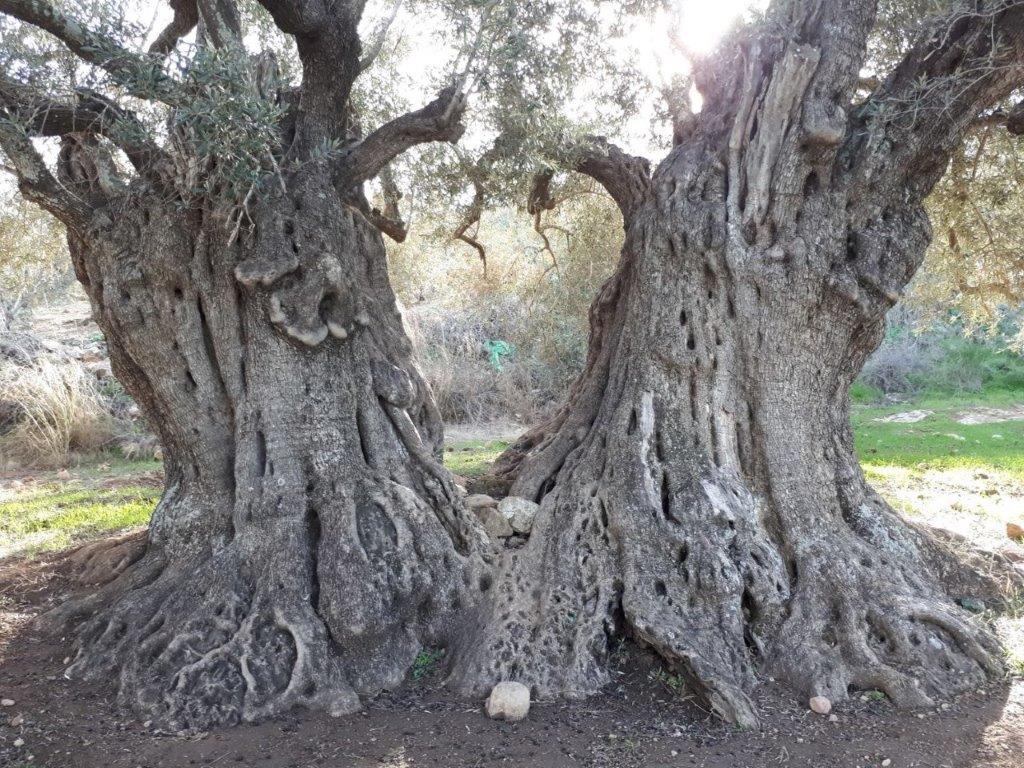ARTOLIO presents the traditional olive oil practices of the Mediterranean

Olive oil has been a staple of Mediterranean cuisine for thousands of years. The Mediterranean region is home to some of the world's oldest olive groves, and traditional olive oil practices have been passed down from generation to generation. Here are some of the traditional olive oil practices that can still be found in the Mediterranean today.
Harvesting
In the Mediterranean, olives are harvested manually rather than by machine. This allows for greater care and attention to be paid to each individual olive. In some regions, the olives are harvested using long poles, while in others, they are picked directly from the tree.
Pressing
Once the olives have been harvested, they are taken to a traditional olive mill for pressing. The olives are cleaned and sorted before being crushed into a paste. The paste is then spread onto circular mats and stacked on top of each other before being pressed.
Separation
After the oil has been extracted from the paste, it is separated from the water and any remaining solids using a centrifuge or other mechanical means. In some regions, the oil is allowed to settle naturally, which results in a more sedimentary oil that is rich in flavor.
Storage
Once the oil has been separated, it is stored in traditional ceramic or metal containers. These containers are often kept in a cool, dark place to preserve the flavor and quality of the oil. In some regions, the oil is stored in underground cisterns, which provide a constant temperature and humidity.
Tasting
Tasting is an important part of the traditional olive oil making process in the Mediterranean. In many regions, the oil is tasted at every stage of the process to ensure its quality and flavor. The final product is often tasted by a panel of experts to ensure that it meets the standards of the region.
Use
Traditional olive oil practices in the Mediterranean also include the use of olive oil in cooking and as a condiment. Olive oil is used in a wide variety of Mediterranean dishes, from salads and dips to grilled meats and vegetables. It is also used as a finishing oil, drizzled over dishes just before serving.
The traditional olive oil practices in the Mediterranean have been passed down from generation to generation, and they continue to be an important part of Mediterranean culture today. ARTOLIO, being a project that focuses mainly on local producers of extra virgin olive oil in the Mediterranean, considers it is essential to know how these practices began. They are not just about making high-quality olive oil, but also about preserving the land and the environment for future generations.
However, the traditional olive oil practices in the Mediterranean are facing challenges in the modern world. The use of modern machinery and chemicals in olive oil production has led to a decline in the quality of some olive oils. In addition, climate change and other environmental factors are affecting the production of olives in some regions.
Despite these challenges, there is a growing movement to support traditional olive oil practices in the Mediterranean. Consumers are increasingly interested in high-quality, artisanal olive oils that are made using traditional methods. In addition, there is a recognition that traditional olive oil practices are an important part of Mediterranean culture and heritage.









